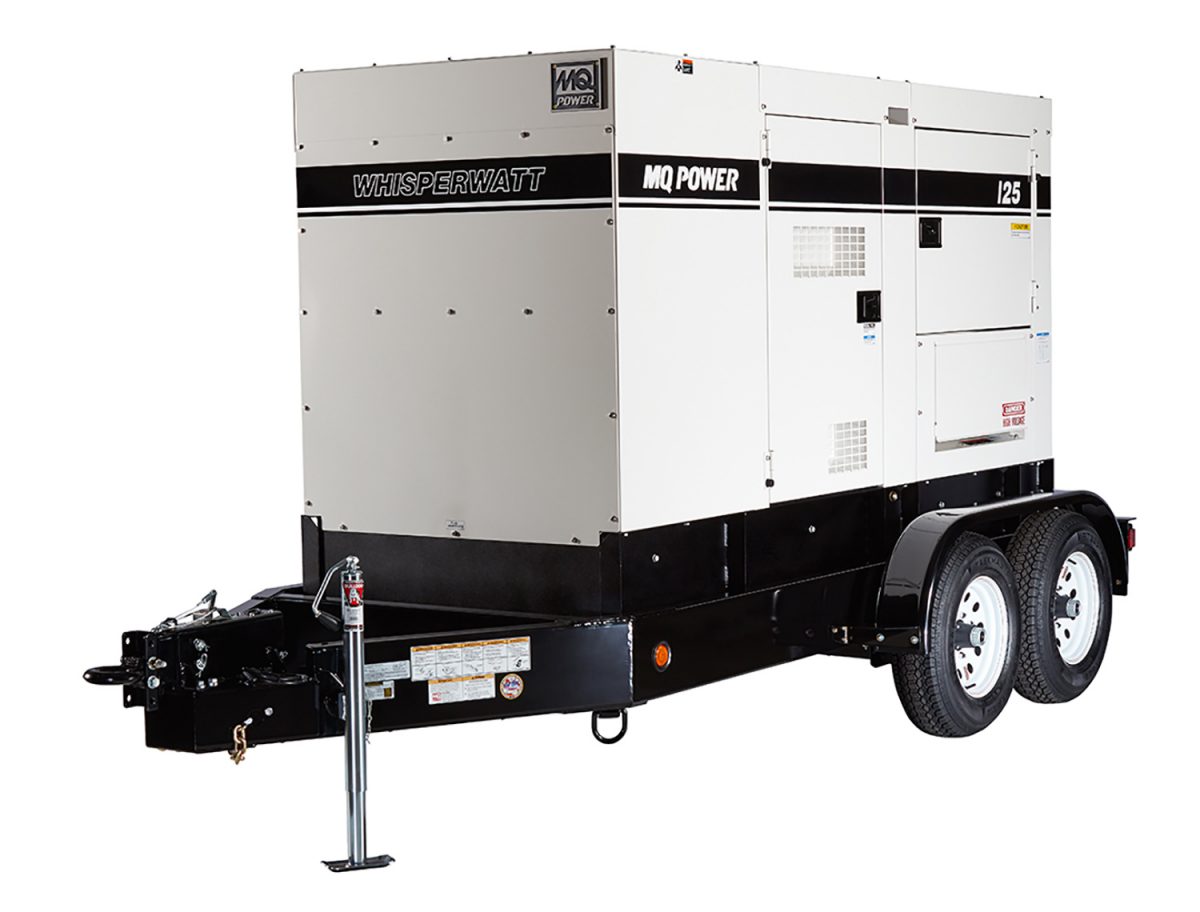Emergency Response Planning for Schools
It is a sad reality that schools aren’t always the safe havens we’d wish them to be. Schools can be hit by natural disasters and are occasionally targets for horrific shootings. This is why all schools should practice high levels of emergency preparedness.
Emergency preparedness is the system that you have in place to help to prevent, prepare staff and students for, and recover from emergencies. It can be tricky to know where to start with your school’s preparedness plan. The U.S. The Department of Education released the guide “Practical Information on Crisis Planning: A Guide for Schools and Communities” to help schools forge an effective preparedness plan that considers staff, students and the wider community.
Create an Emergency Response Plan
This plan should be reviewed annually and amended after any change within the school such as policy or classroom layout. Some factors to consider to get you started include:
- What emergency situations are likely for your school?
While there are some threats such as fires and violent crimes which are universal for all schools, not all campuses are in states where tornadoes or flooding are common. Focus on possibilities most likely to impact your school.
You’ll also need to consider how your response will need to differ for each emergency situation. A fire, for example, will require evacuation whereas a violent crime within the school may require staff and students to hunker down.
- Have staff and students had the necessary training and/or taken part in drills covering emergency procedures?
Even the most comprehensive plan is pointless if no one knows about it. Staff and students should undertake drills for emergency procedures regularly. Talking to students regarding stations such as violent crime is also a good preparedness tactic.
Training can be given to both staff and students. In fact, learning new training like first aid can be a great option for students looking for extra credit!
- How are emergency procedures learned and practiced?
We all know how teenagers operate. Things sometimes go in one ear and out the other. Younger children can struggle to remember details after a semester or school year. This is why repeated drills at least once a term are vital for ensuring everyone knows what to do in the case of an emergency.
Running through your plan also gives you a chance to fine tune procedures. For example, you may have selected an evacuation site only to find that it is too difficult for staff and students in a certain area to get to.
- How will operations continue during and after an emergency?
Often, power is lost during an emergency. This may be only temporary, but it could last for days or even weeks. A secondary power source is crucial for schools to make sure children can see when evacuating the building or making sure health tools are powered.
A diesel-fueled generator is the most powerful and reliable type of generator available. Allied Rental Company has many different types of these generators with varying capacities and rental prices. Check out our website or speak with one of our amiable staff members for more information.

